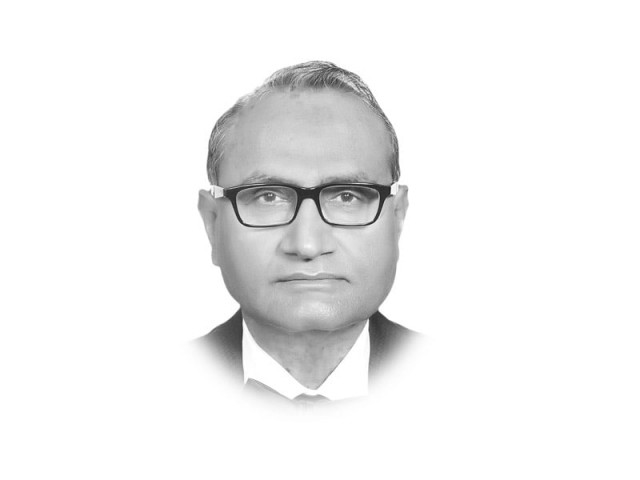Both Keynes & the IMF can’t be right
Keynes pooh-poohed the notion that savers save capitalist system and therefore deserve high interest rates as a reward

pervez.tahir@tribune.com.pk

So both can’t be right, as suggested by M Ziauddin in his article of March 18 in these pages. He was commenting on Dr Asad Zaman’s article titled “Keynes versus the IMF” (March 16). Dr Zaman’s essential point is whether the state has the capacity to spend the borrowed money wisely. Now Keynes could have spent money on anything, including digging holes to fill them up again, so long as it boosted aggregate demand and created jobs. Dr Zaman asks: “Can we rise to the challenge of spending efficiently on social services and productive investments, leading to the Keynesian outcomes of full employment without inflation?” The main text of Keynes General Theory is about increasing employment with some inflation. It is, however, the last chapter on social philosophy underlying Keynes’ theory that Dr Zaman’s query leads us to, perhaps to suggest that both are wrong.
In this last chapter, Keynes pooh-poohed the notion that savers save the capitalist system and therefore deserve high interest rates as a reward. In his scheme of things, a zero interest rate was not out of the question. He saw the rentier aspect of capitalism as a transitional phase. Lower rates of interest not only lead to higher investment and employment but also an equitable distribution of wealth and incomes. It required “the euthanasia of the rentier, of the functionless investor”. The state “will have to exercise a guiding influence on the propensity to consume partly through its scheme of taxation, partly by fixing the rate of interest, and partly, perhaps, in other ways. Furthermore, it seems unlikely that the influence of banking policy on the rate of interest will be sufficient by itself to determine an optimum rate of investment. I conceive, therefore, that a somewhat comprehensive socialisation of investment will prove the only means of securing an approximation to full employment.” Lest he be accused of socialism, Keynes was quick to add: “But beyond this no obvious case is made out for a system of state socialism which would embrace most of the economic life of the community. It is not the ownership of the instruments of production which it is important for the state to assume. If the state is able to determine the aggregate amount of resources devoted to augmenting the instruments and the basic rate of reward to those who own them, it will have accomplished all that is necessary.”
Doesn’t that sound familiar? Neither capitalism, nor socialism. The rule of saleheen eliminating riba will bring full employment without inflation. Zia sahib, Zahid sabut lai jo mai ke jawaz mein, Iqbal ko ye zid he ke peena bhi chore de. After all, it was Keynes who said that the power of ideas was far greater than the power of vested interests.
Published in The Express Tribune, March 20th, 2015.
Like Opinion & Editorial on Facebook, follow @ETOpEd on Twitter to receive all updates on all our daily pieces.















COMMENTS
Comments are moderated and generally will be posted if they are on-topic and not abusive.
For more information, please see our Comments FAQ